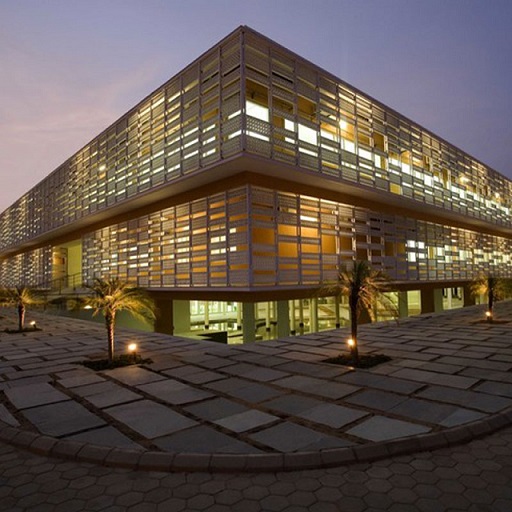Times have drastically changed, especially for Millennials. Millennials, those born between 1982 and 2002, will serve as 75% of the global workforce by 2025.
Today graduates studying in higher education institutes are millennials. And of this generation, only those who are able to cope up with the ambiguous, uncomfortable and diverse environment, will be able to keep successful careers for next three decades. The generations preceding millennials had organizations based largely on a hierarchical model, command-and-control approaches, and information that could be proprietary.
Advances in technology and the internet have made workplace drastically different now. The 21st century workplace has heightened need of transparency, demands real-time performance, lacks any fixed ideology and is extremely liberal. There are no guidelines at all. Millennials need be made ready for such dynamic workplaces.
Millennials will have to work in information-based-economy and tech-influenced “choice” workplace. Barack Obama’s participative election campaign, YouTube’s amateur video production and distribution capabilities and Wikipedia’s collective input – all three are indicators of “choice workplace”.
Millennials’ workplace is characterized by individual’s ability to participate directly and exercise the choice to customize, to co-create and to collaborate. By the quarter-mark of this century, successful, sustainable organizations will evolve into connected collaborated communities encompassing a wide variety of partners and contractor relationships. Participants will be intensely collaborative, continually informed, technologically adept and skilled at innovation and experimentation. Work will increasingly be done anywhere, anytime, rather than in fixed locations on nine-to-five schedules. These trends will change the work opportunities that graduates will have over next several decades.
Is our education building capacity in millennials for the 21st-century workplace?












